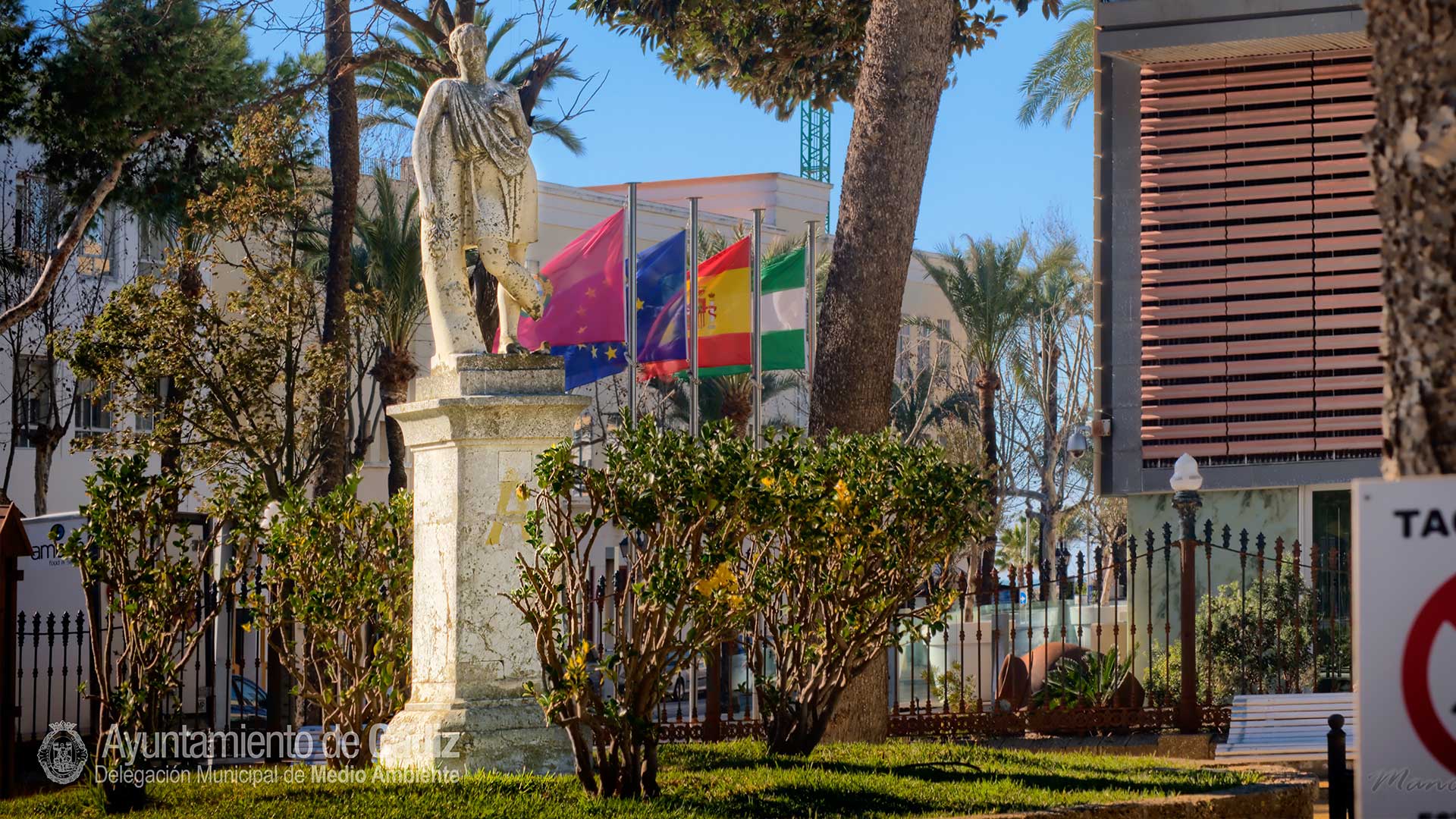
Lucius Junius Moderatus, nicknamed Columela, was a Roman agronomic and military writer, born in Gades (Cadiz), in the year 4 AD. From a well-off family, he carried out the cursus honorum with brilliance, becoming a tribune in the Legio VI Ferrata destined in Syria and Pontus.
From his childhood, Columela was instructed in the love of nature and agriculture and livestock. In fact, his family owned lands in what today would be Jerez and within the Italic Peninsula, which Columela would later inherit. This love meant that in his numerous trips for the empire, Columela was compiling all the data and practices that he saw until arriving at Carthage, where he became interested in Magon´s manuscripts.
At the end of his military service, he settled in Rome, where he put all the skills he had learned into practice, and then collected them in various works. His work is considered the most extensive and documented repertoire on Roman agriculture. It comprises 12 books, published successively, and to which probably preceded another shorter work in three or four books. To this day, we have the Arboribus (Book of trees) and De res rusticae (On Agriculture).
De Arboribus deals with shrub crops such as grapes, trees such as olive or fruit trees, and even flowers such as the violet or rose, in which he gives different advice for looking after them.
His work De res rusticae, is considered as the most complete work of agriculture and production and old methods in animal health. It contains maxims, and norms, that surprise us two thousand years after being written. In it, Columela carries out a study of agriculture in general, cultivating the fields, viticulture and arboriculture of fruit, livestock, poultry, fish farming, veterinary issues, the production of products and preserves, the invocation and sacrifices relevant to a healthy development of the field, the treatment of the land, the calendar, even the role of women as collaborators and active participants.
His knowledge of agronomy had great influence on subsequent authors on the subject, such as Pliny the Elder, the writer of gardens and vet Gargily Martial, the veterinarian Pelagonius and, above all, Palladio.
As Senaca´s close friend, he met Tiberius, Caligula, Claudius or Nero. He was also a precise historian, a positive philosopher and an inspired poet, as his work convincingly demonstrates.

